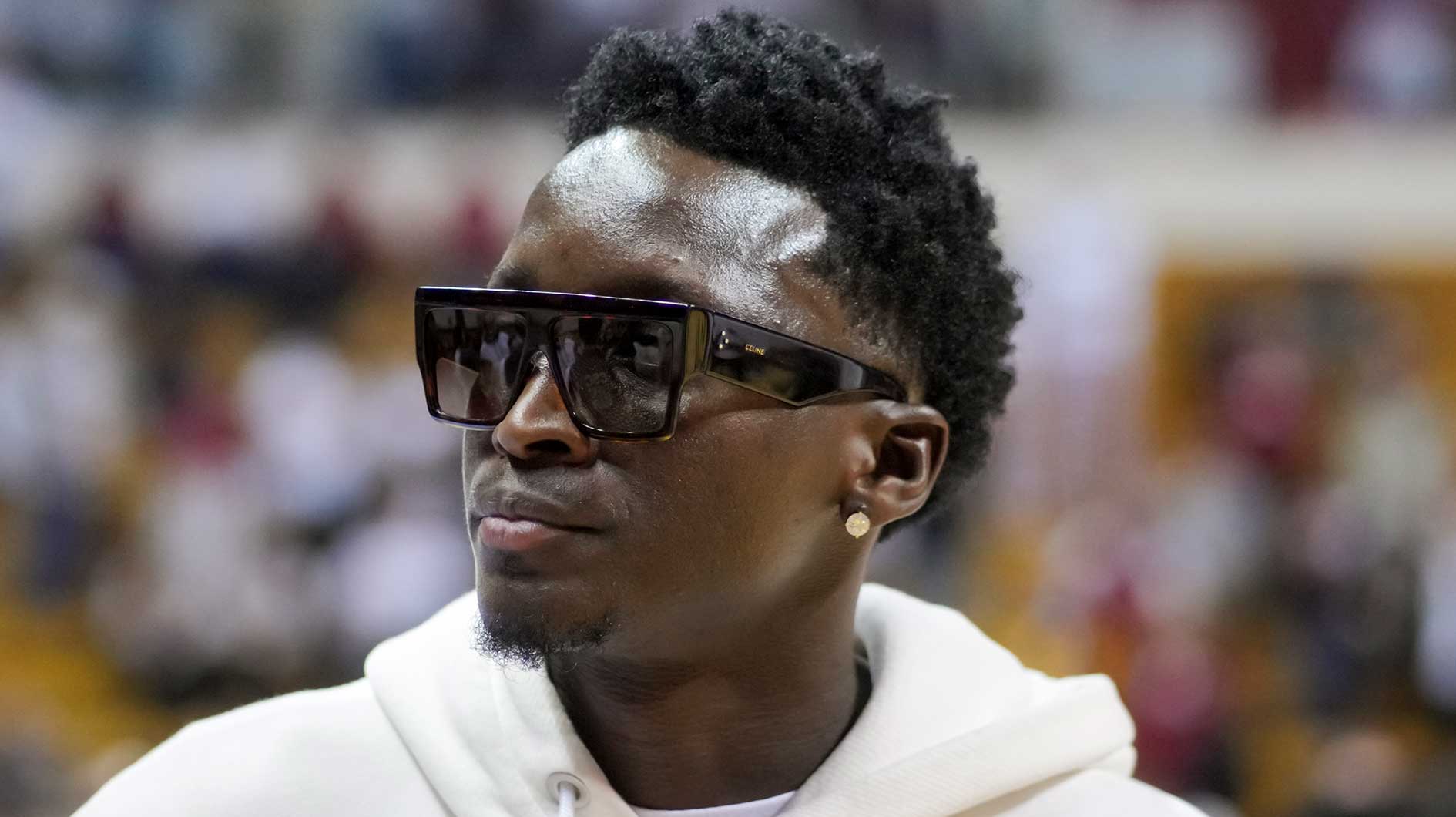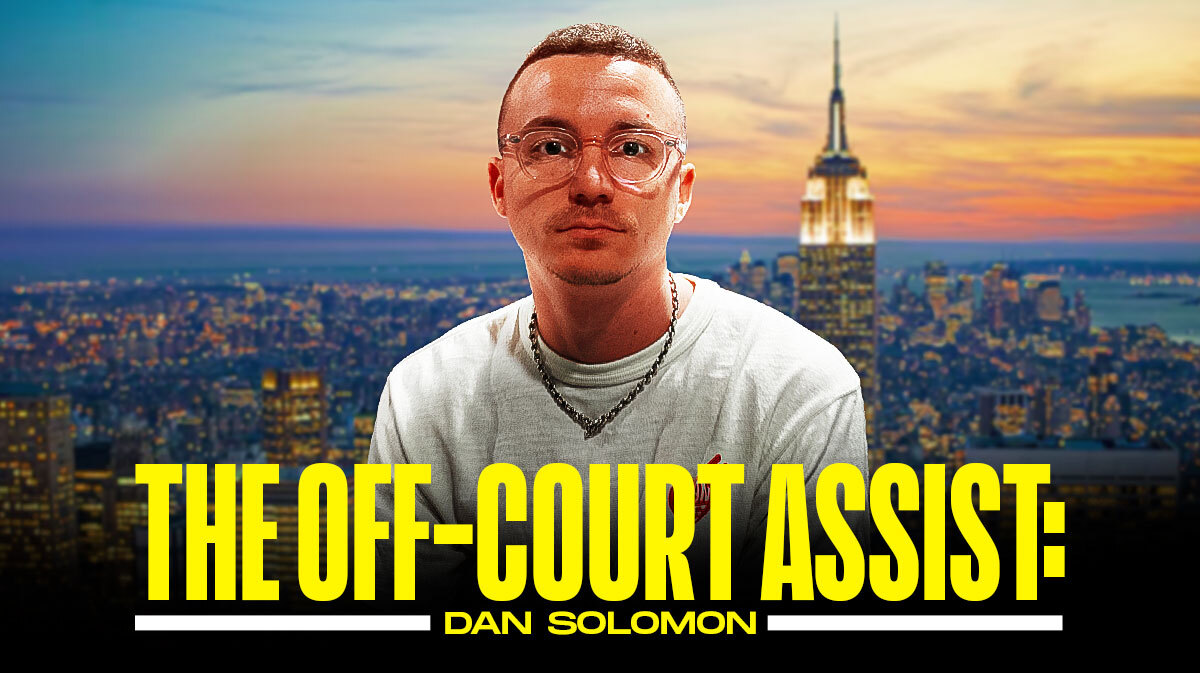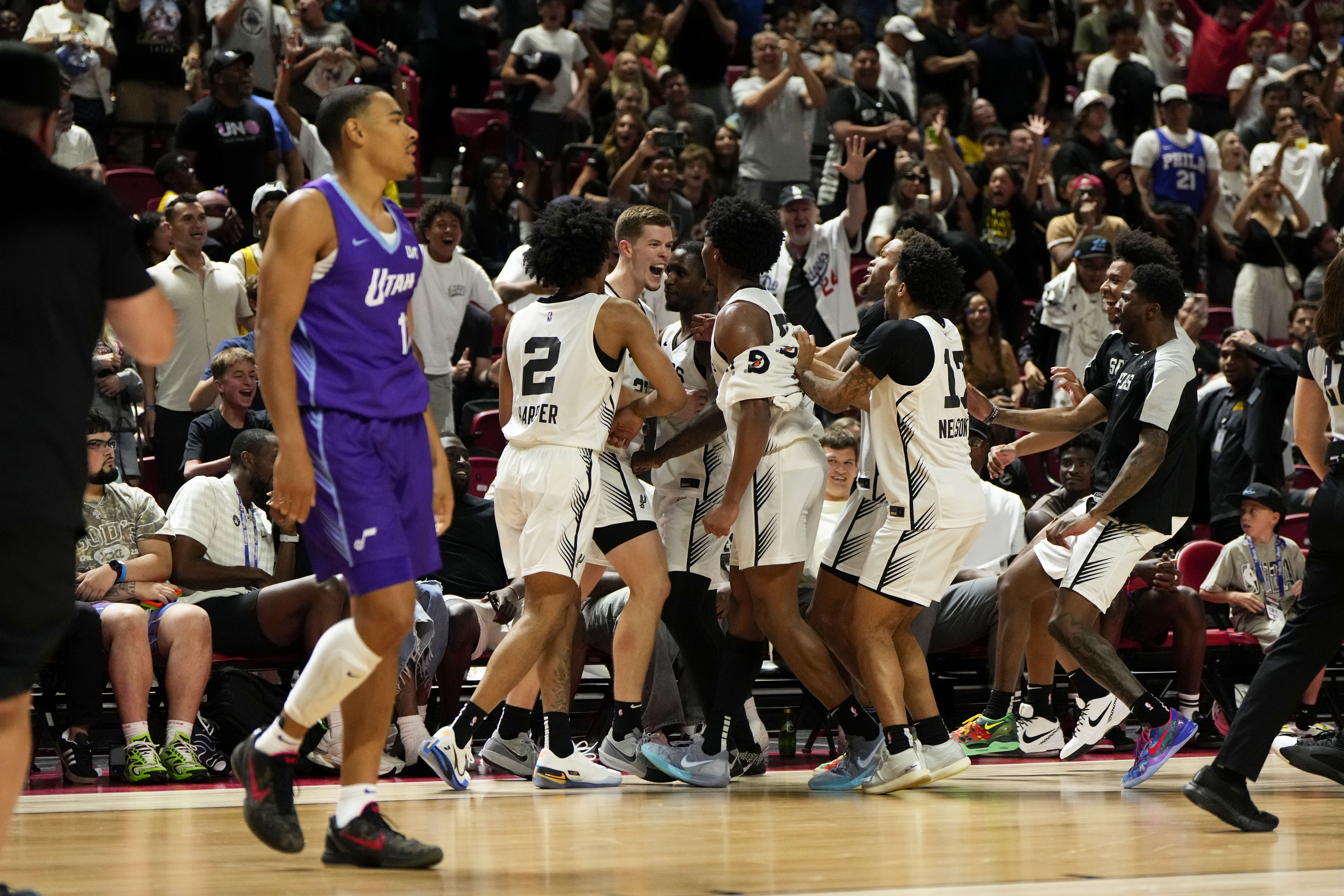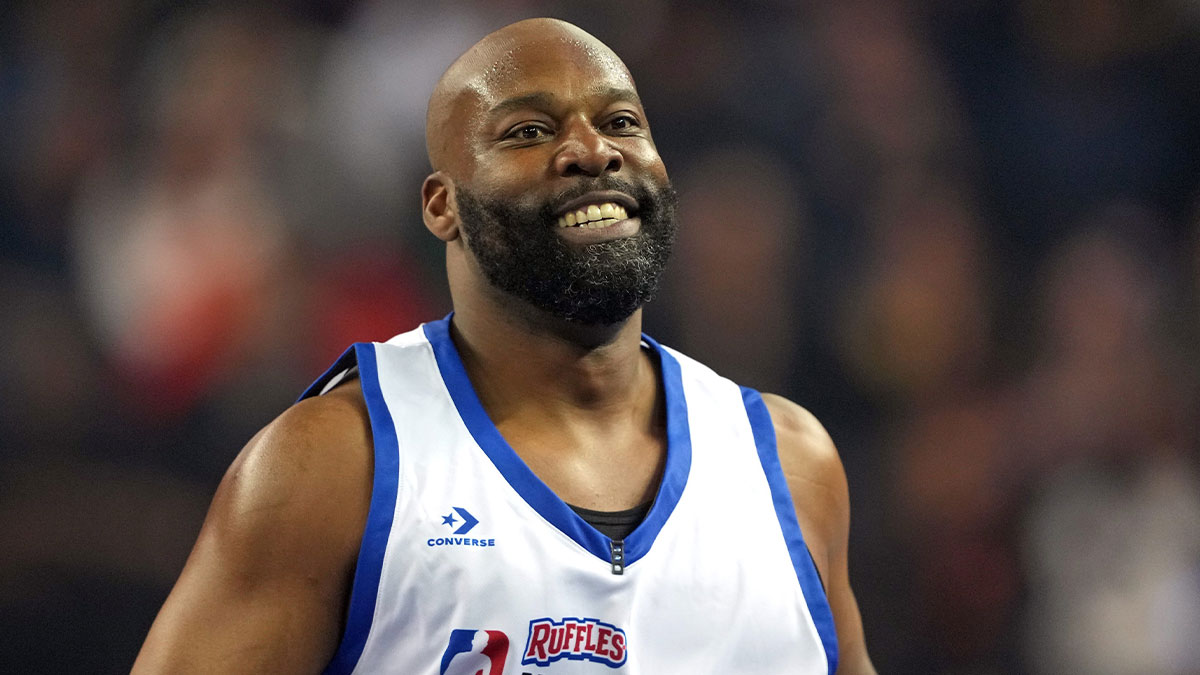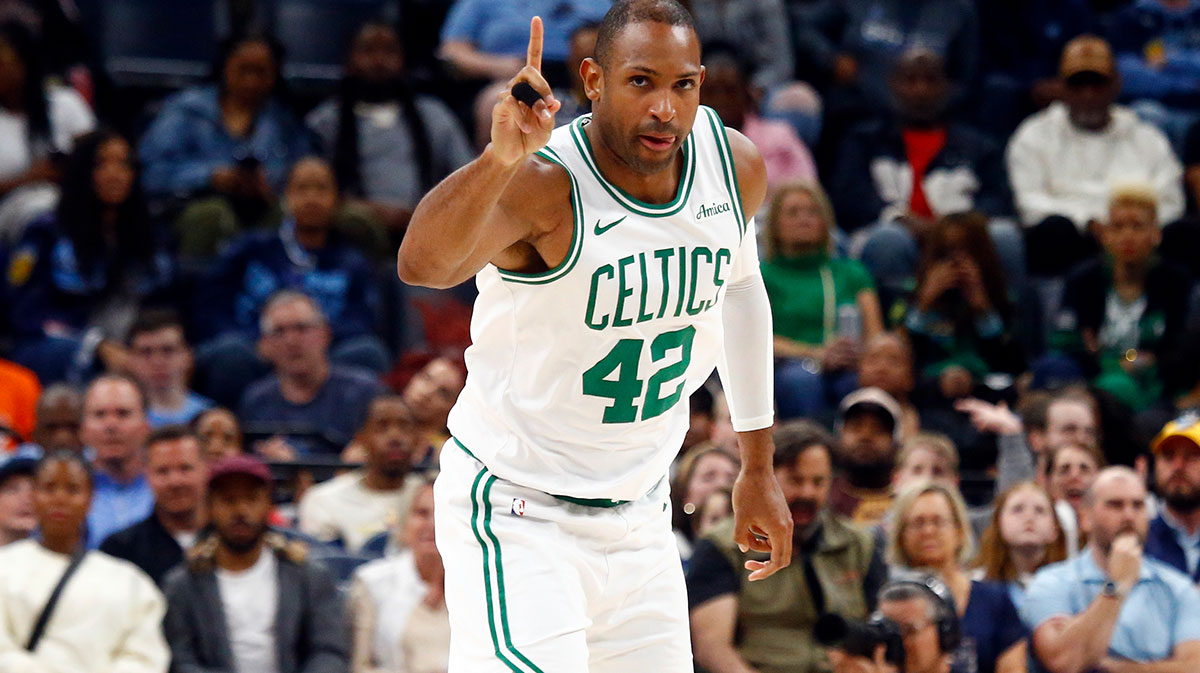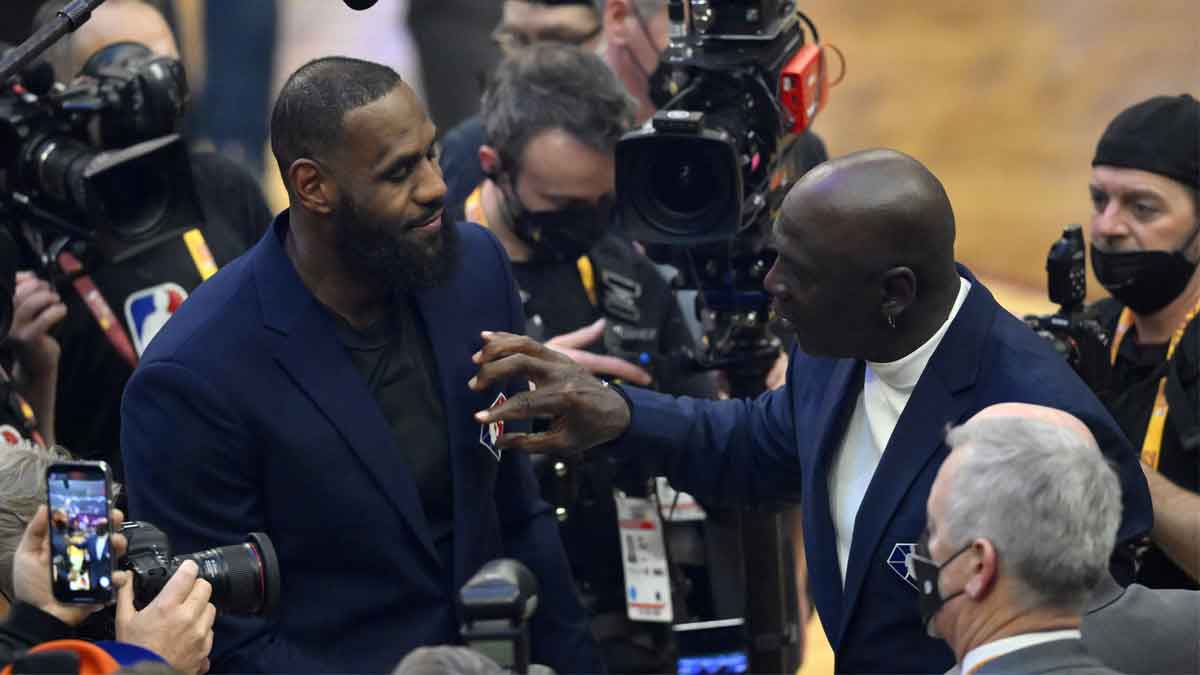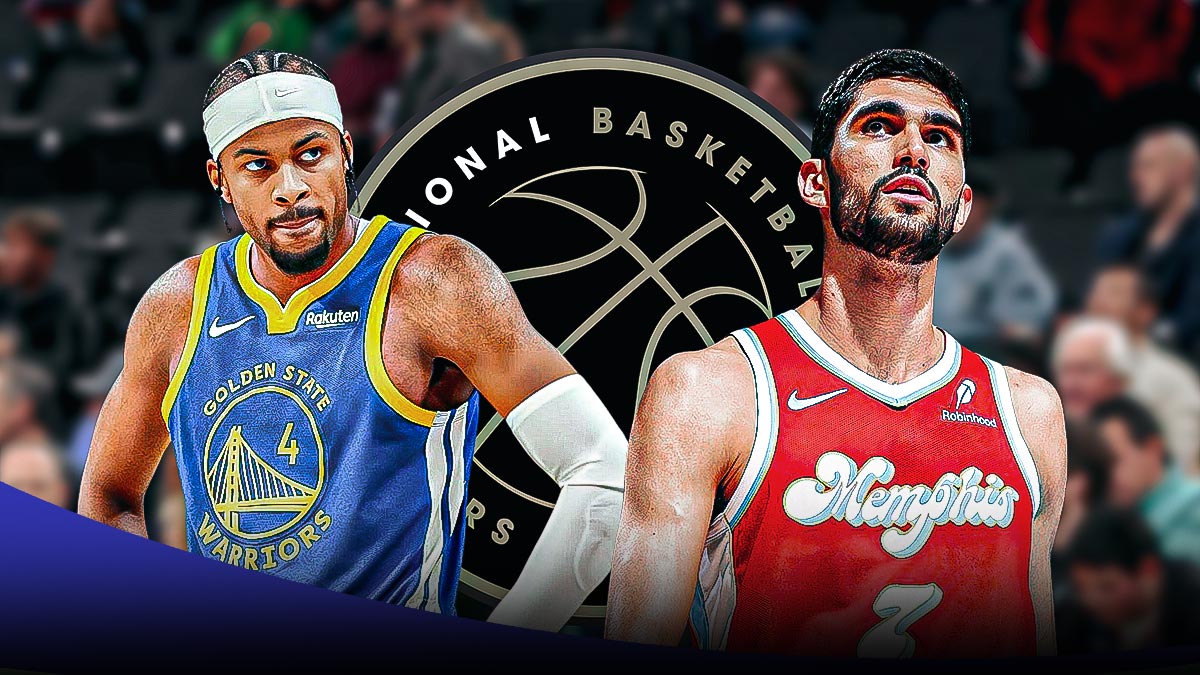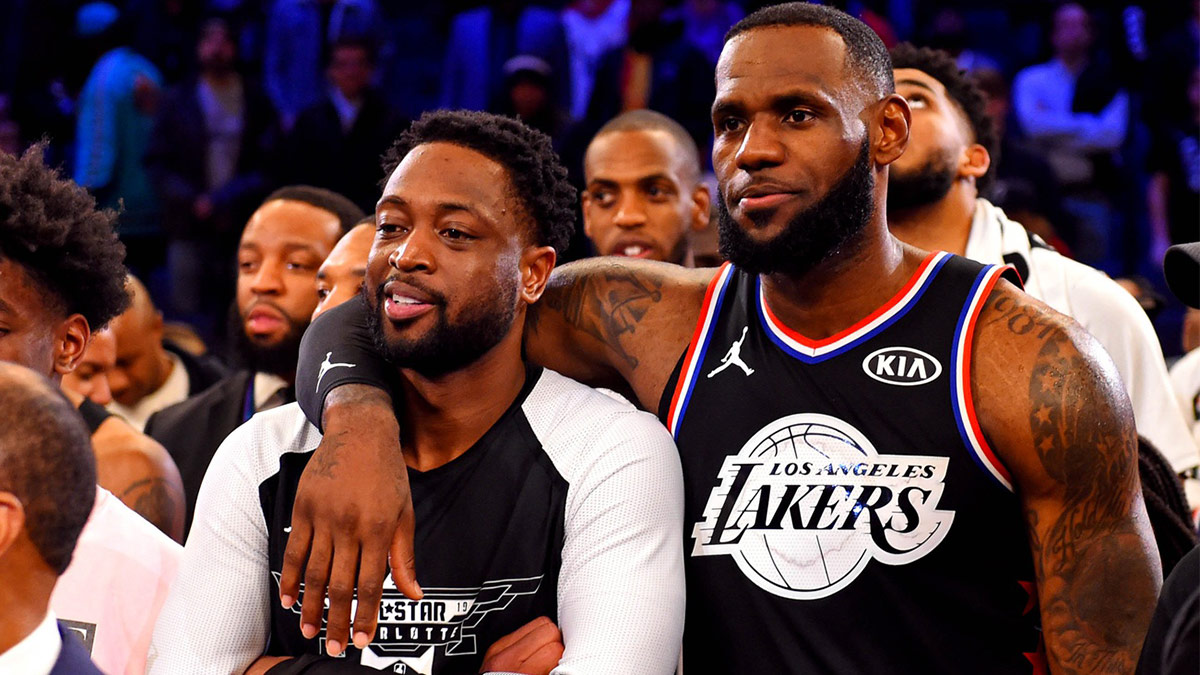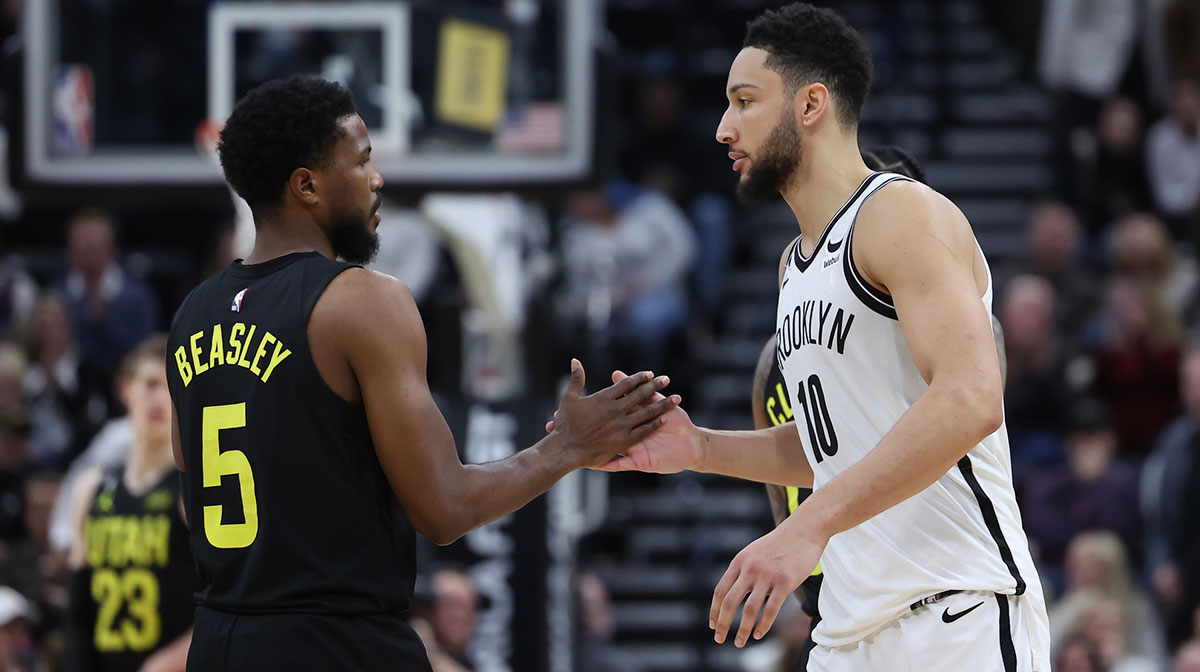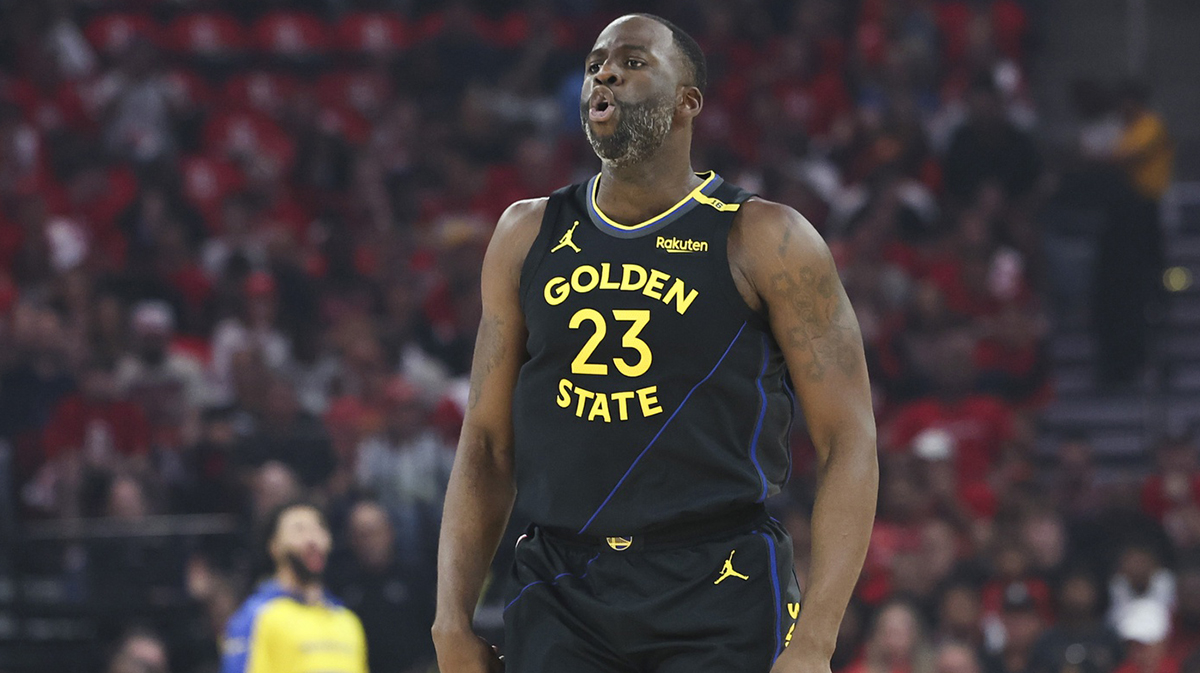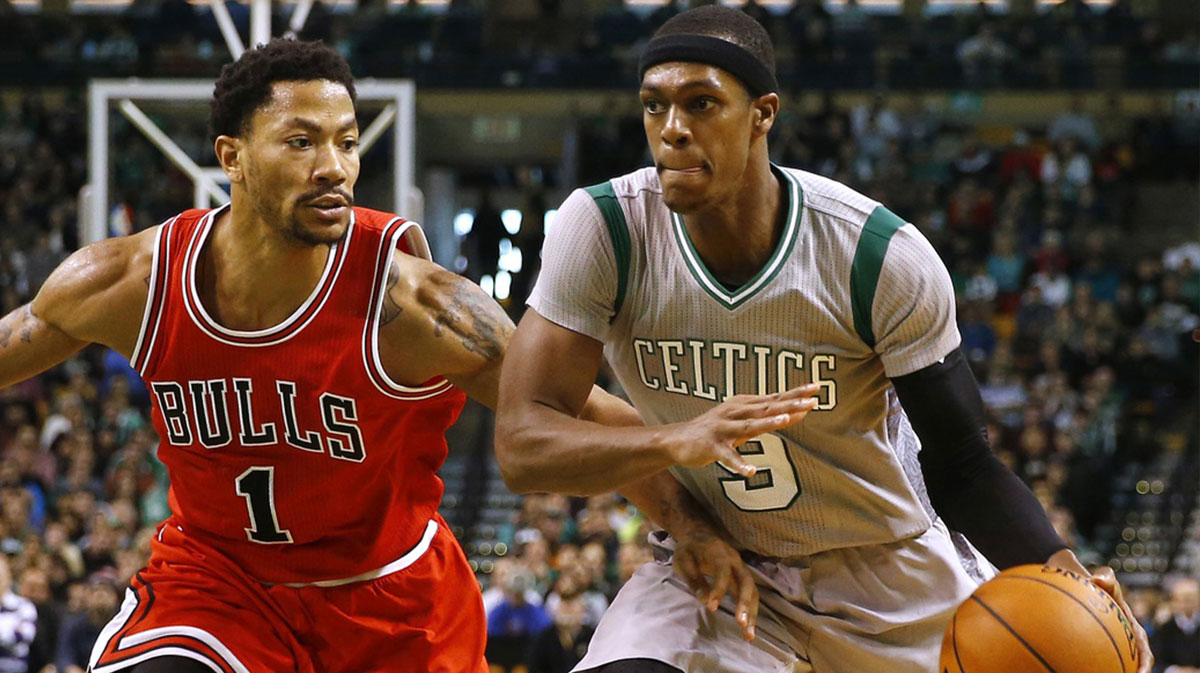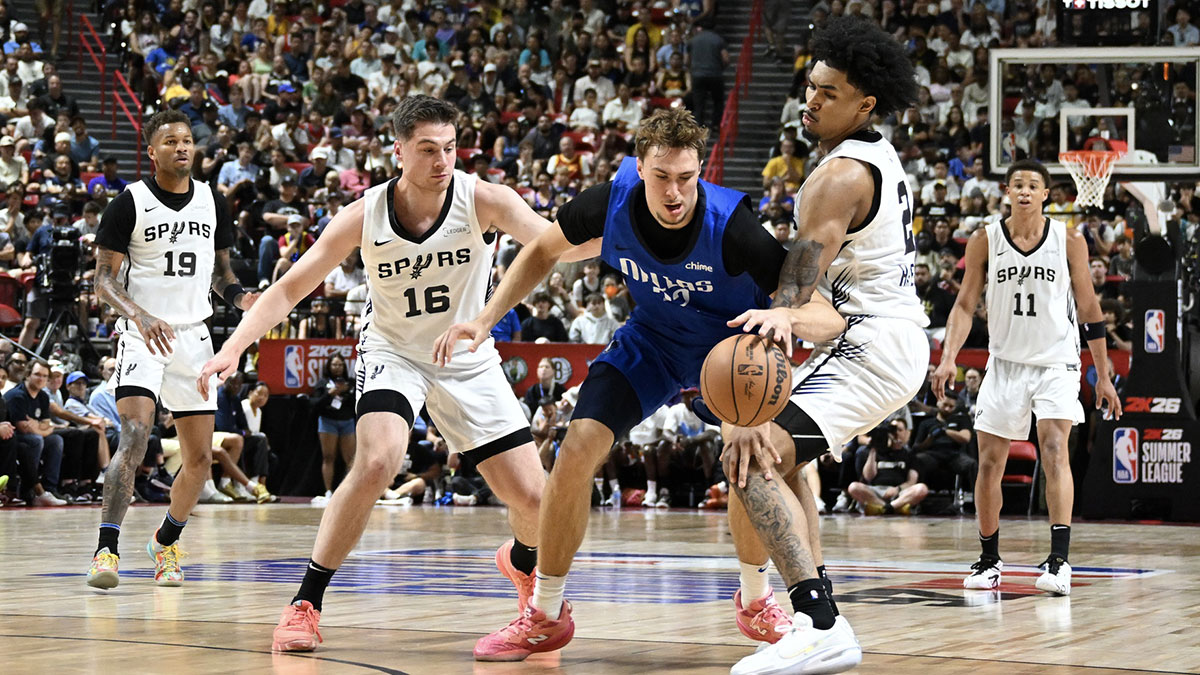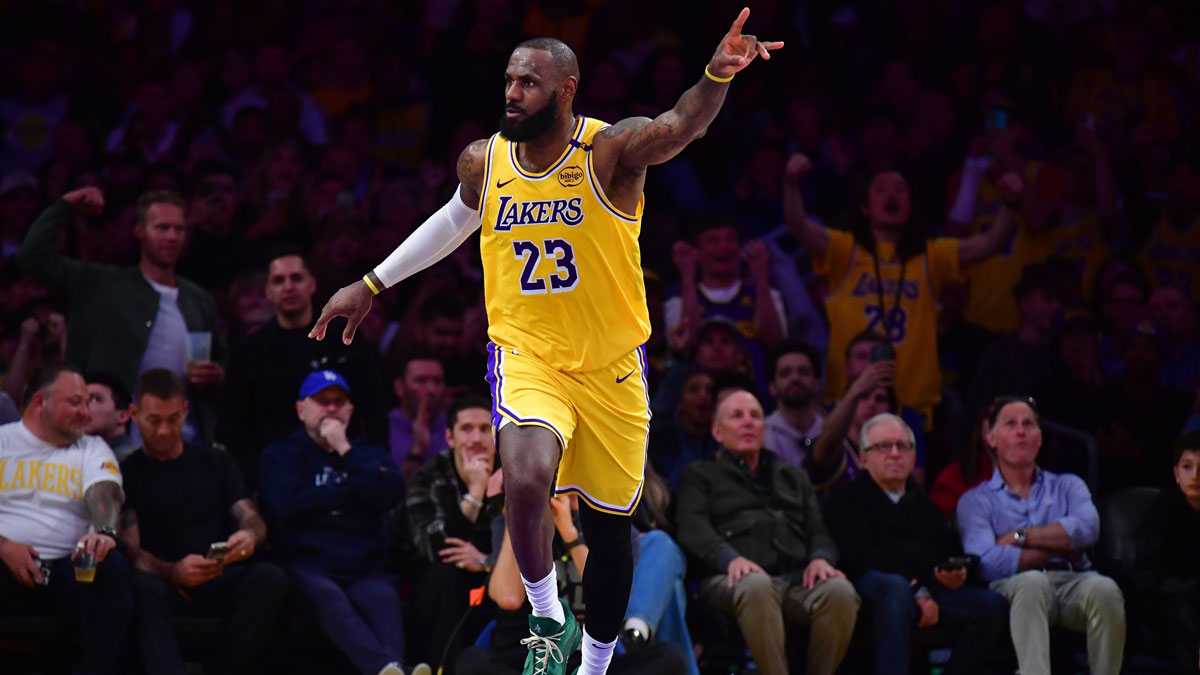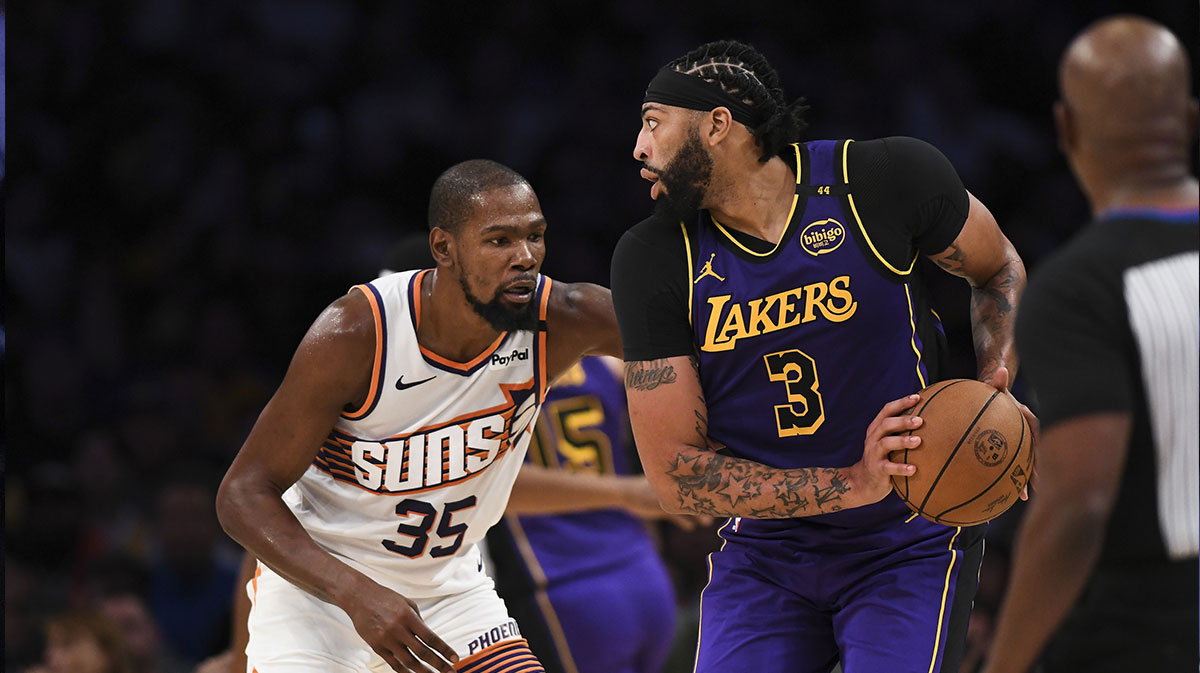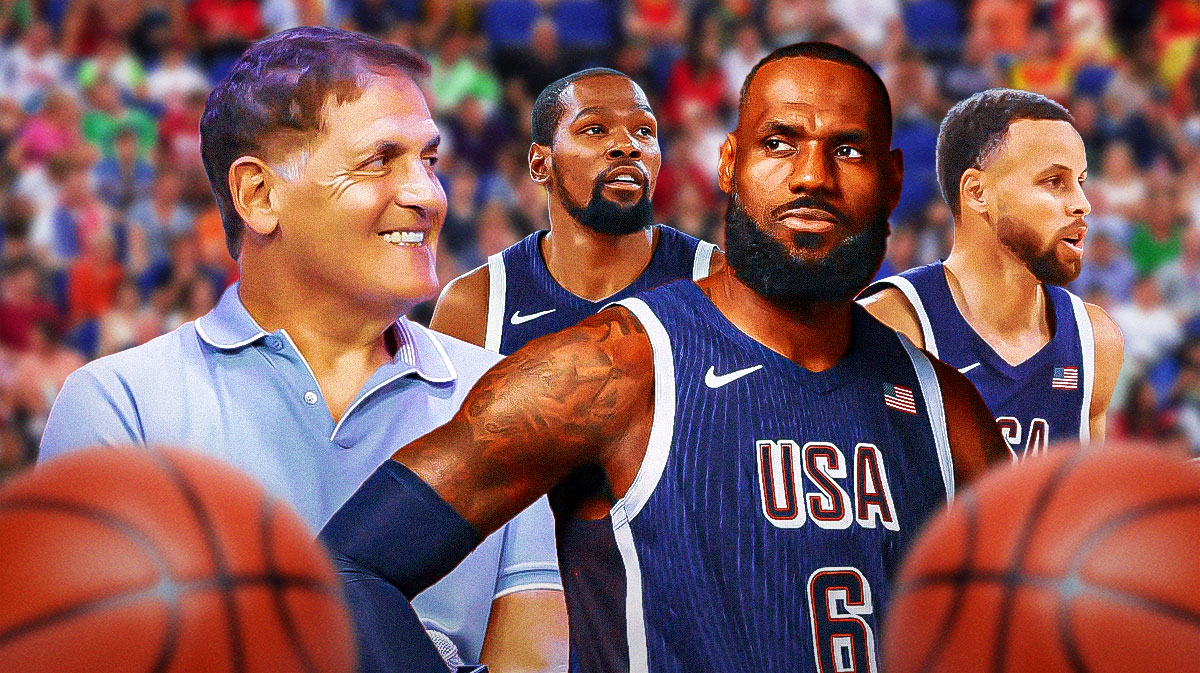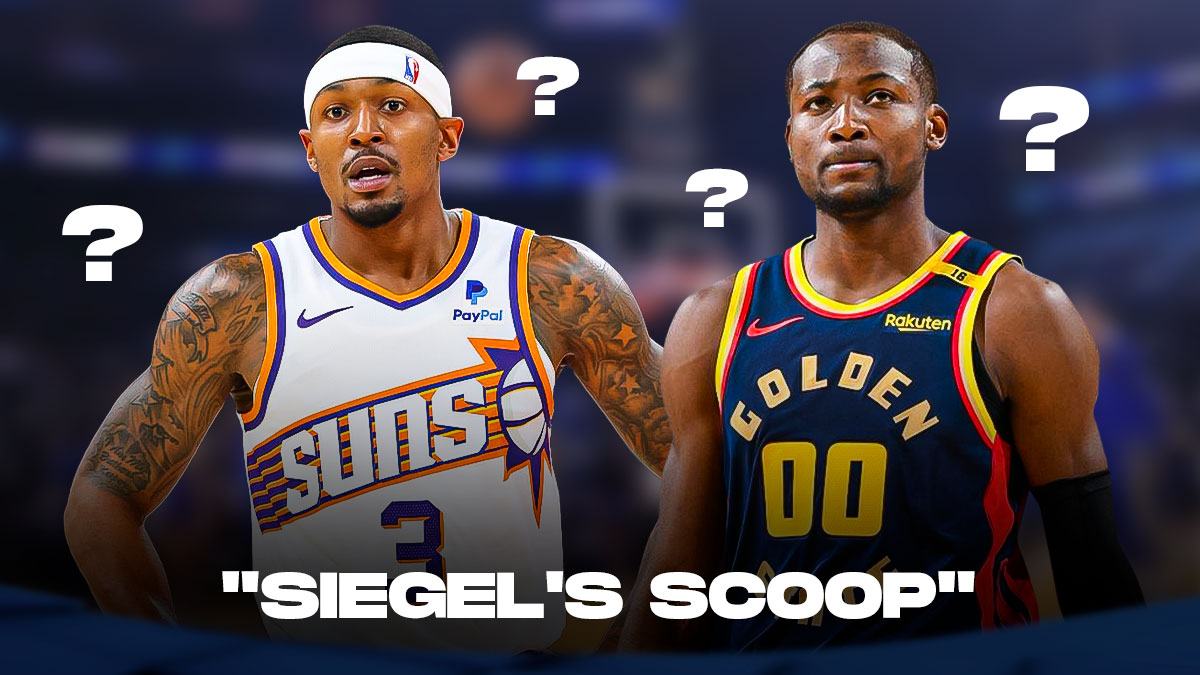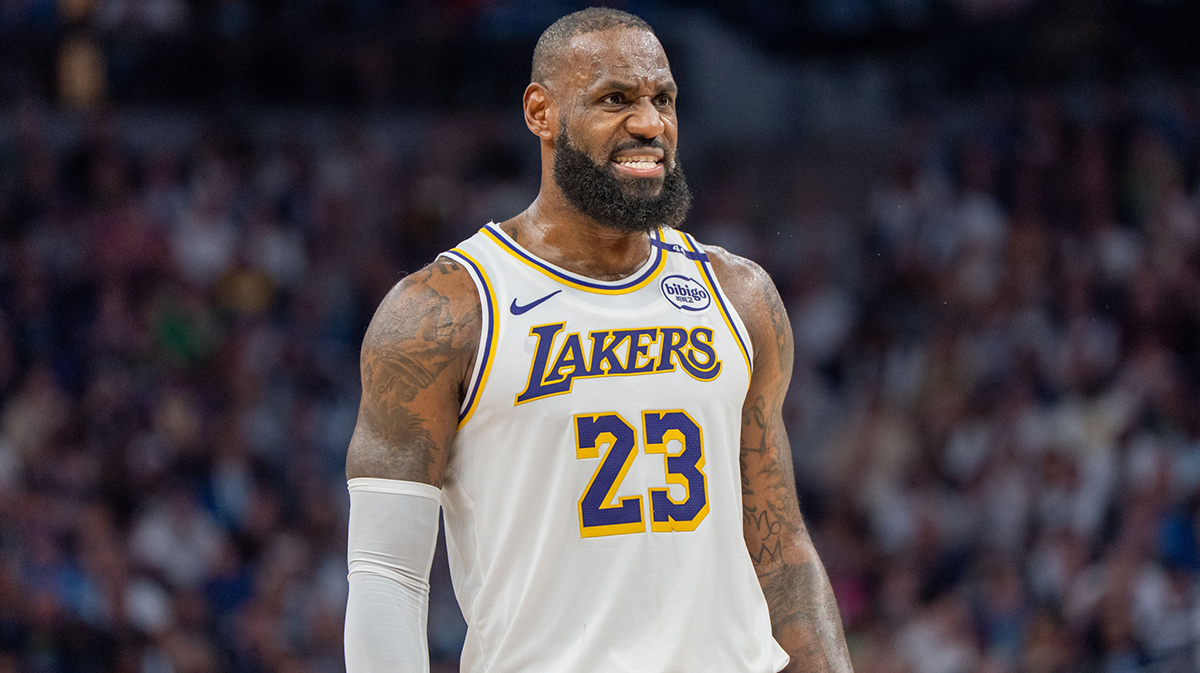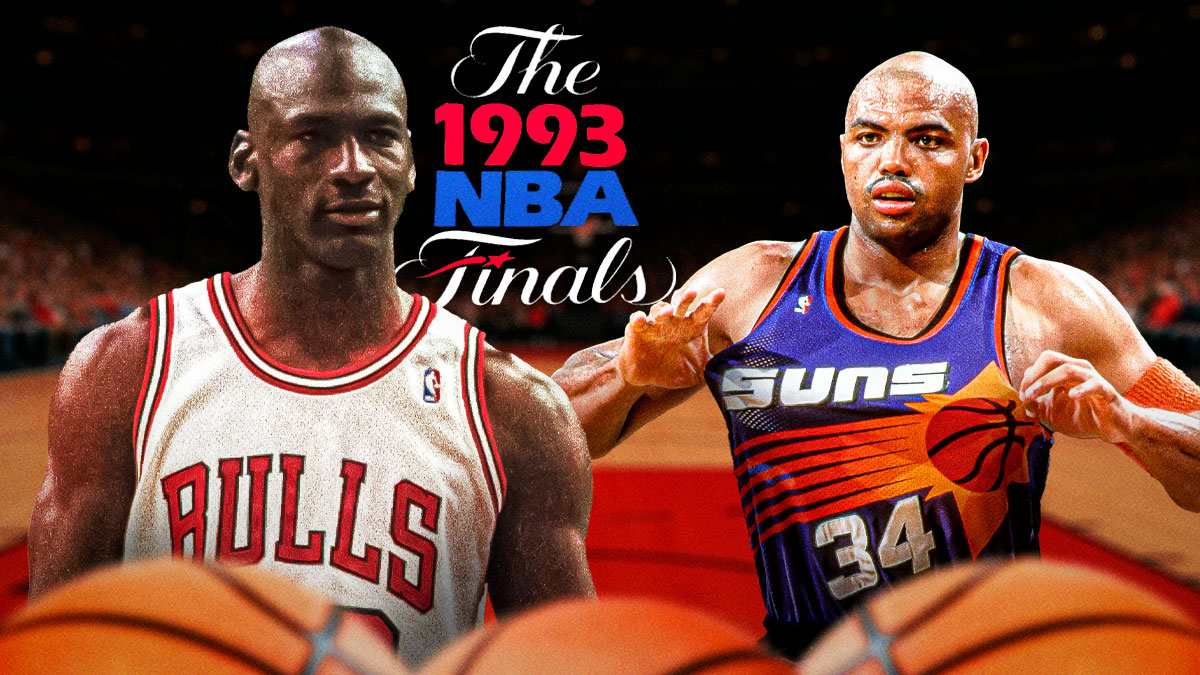Boston Celtics legend Larry Bird had many accomplishments in his Hall of Fame career. He was one of the NBA's most important superstars in the 1980s. Larry Legend was so vital for the league's success that the NBA named a rule after him: the Larry Bird Exception, or Bird Rights.
Bird, however, admitted in an interview with Brian Mahoney of The Associated Press that he wasn't too fond of having an NBA business rule named after him:
“I know a few years ago I was hoping they’d take that out of the last Collective Bargaining Agreement because you’re sitting at home sometimes and you hear your name and you’re like, ‘What are they talking about now?’ and it’s always the Bird Exception or the Bird Rule,” Bird said.
The NBA introduced the salary cap in 1983, which coincided with Bird's own free agency. With Larry Legend hitting the market at that period in time, the NBA aptly named the rule after the Celtics' superstar.
The Bird Rule allows teams to exceed the salary cap to pay their own players with an extra year on their contract, given that they've spent at least three years with the same team without leaving in free agency. This exception gives incumbent teams an advantage in retaining their own stars.
As it stands, incumbent teams have the leverage of offering more money and financial security by signing their players up to the maximum level salary for five years. Other teams trying to pry them away can sign them for up to four years and less money.
As much as Bird hates it, this rule — and its name — should stand in the foreseeable future in order to maintain competitive balance around the league.

